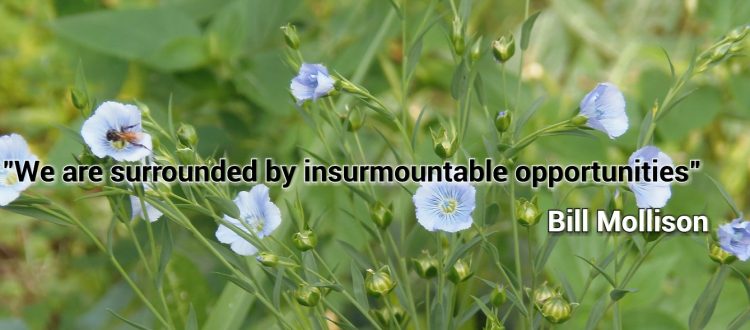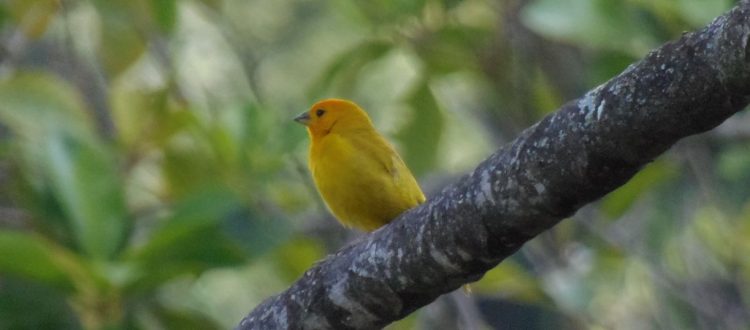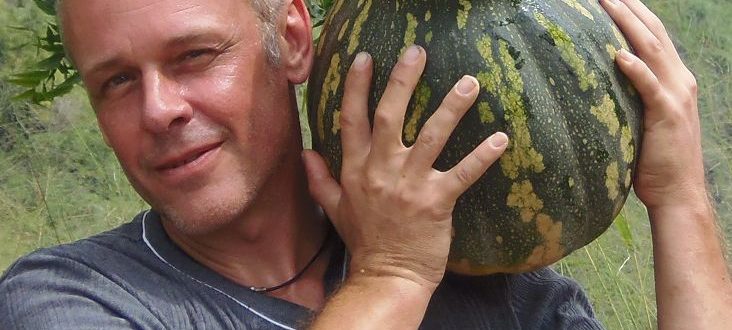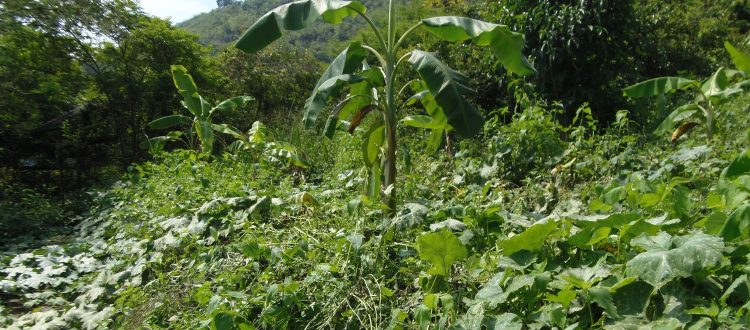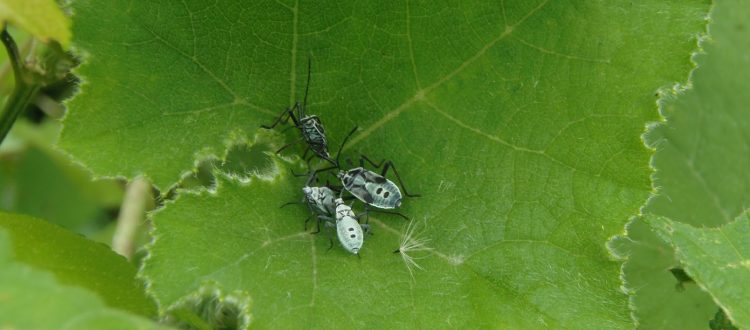For a society to function, we people tell each other and ourselves stories. News stories, background stories, gossip, explanations, excuses, traditions, etc. Our relationships are based on narratives which identify the Good Guys and the Bad Guys. Our behavioral patterns fit the story of what our human culture is. If something is indeed wrong with society it is embedded in our stories, because these stories do create our culture.
Our cultural narrative speaks of survival of the fittest, of scarcity and of competition. On TV and in the news we see strive, difficulty, disagreement, power struggles, poverty for most and insane wealth for a few. We see waste, pollution, corruption, abuse and violence. If you listen to our stories it’s a miracle that our society still keeps going on. Let’s unravel what’s behind this.
If we put competition central in our human narrative we need a market where people can compete. The balance in this market is found by the mechanism of price discovery. Who can deliver what is wanted or needed at the cheapest price wins the competition game. So we compete for jobs, for a partner, for social status and for power to make other people do what we want. Life is seen as a zero sum game, which basically means if I win, then you loose. One plus, one minus, it cancels each other out, zero sum.
Playing the competition game throws us back on ourselves. If we fail to secure income, find a partner, climb the ladder of social status, we’re a loser. The focus is on individual success instead of on our human community. That creates the strange situation that the successful don’t care how many others they crush. So the most ruthless people achieve the greatest positions of wealth and power. Most of humanity is blindsided by the competition narrative, which we accept at face value. The us versus them story is constantly reenforced by the news we see, the politics we follow, by the arguments we have with each other.
Another effect of competition is externalizing costs as much as possible. Move production to places without environmental laws and with low wages, to lower your costs. If you can use accounting tricks you can make your books look better. If you represent a big corporation you can outmanoeuvre the competition by lobbying for laws that favor your company. These examples encourage all of us to play tricks to get ahead. If others have to deal with the consequences of our actions we don’t really care. It’s survival of the fittest anyway. To be a winner is to accept that others loose.
Except there is one problem at the basis of this narrative. Survival is not of the fittest, but of the most adaptive. To be adaptive means to cooperate more than you compete. All of nature builds on the principle of win-win relationships. By cooperation everything lives and continues to evolve. Instinctively we know this too. Competition doesn’t make us happy, it instead creates uncertainty, stress, anxiety and fear and we worry about our jobs, about our social relationships and about the future.
Somehow something has to give, because pressures are mounting. Mental illness is on the rise. Poverty is going up, while income inequality rises at the same time. The planet is strip mined so wastelands displace earth’s ecosystems. It’s all a win-lose zero sum game, where only a few win, and all others loose. Yet most of us feel almost paralyzed, because we cannot see how we can possibly turn all of this madness around. The key why we cannot take action is because we do not really trust each other. That is a logical outcome of our culture’s narrative: we are all in competition! By accepting that narrative we have been divided and conquered.
When we turn our attention to nature we see much more cooperation and only little competition. Ecosystems are a complex web of life that stimulates and facilitates other life. Ecosystems preserve energy, filter water, balance the atmosphere, create food and shelter that keep all these species going.
When people are struck by disaster we see more cooperation than competition. People are heroic in the face of hardship and try to help their fellow humans. Generally only some of the people who were kicked into society’s gutters before, are the ones who go bad, because nobody ever gave a flying f@ck about them either.
If we would picture what would be a happy life, most people would instinctively feel it’s about cooperation in freedom. The freedom to be who you are and do what you’re good at. To be secure in the knowledge you’re surrounded by cooperative people who are happy to work with you and who look out for each other. If we do that together with nature on our planet, the whole competition narrative can simply be thrown out of the window. It seems to bring mostly misery anyway.
Many people these days try to see how win-win relationships can be best established to change our human narrative to cooperation and inter-being. We’re all in this together and to have a complete picture we need to include all of nature into this story too. Big steps were already made. New theories were developed and tested. We now need to scale these attempts up and include ever more people.
These grassroots movements start from the bottom up. They’re slowly pushing these ideas to a broader audience. There is not that much wrong with us, it’s more that our culture’s narrative puts us in a mental prison. It’s time for more people to gain experiences in new ways of being, of living in harmony. It’s time to reach out in mutual trust, join forces and no longer be ruled by an outdated narrative that has divided mankind for way too long already.


